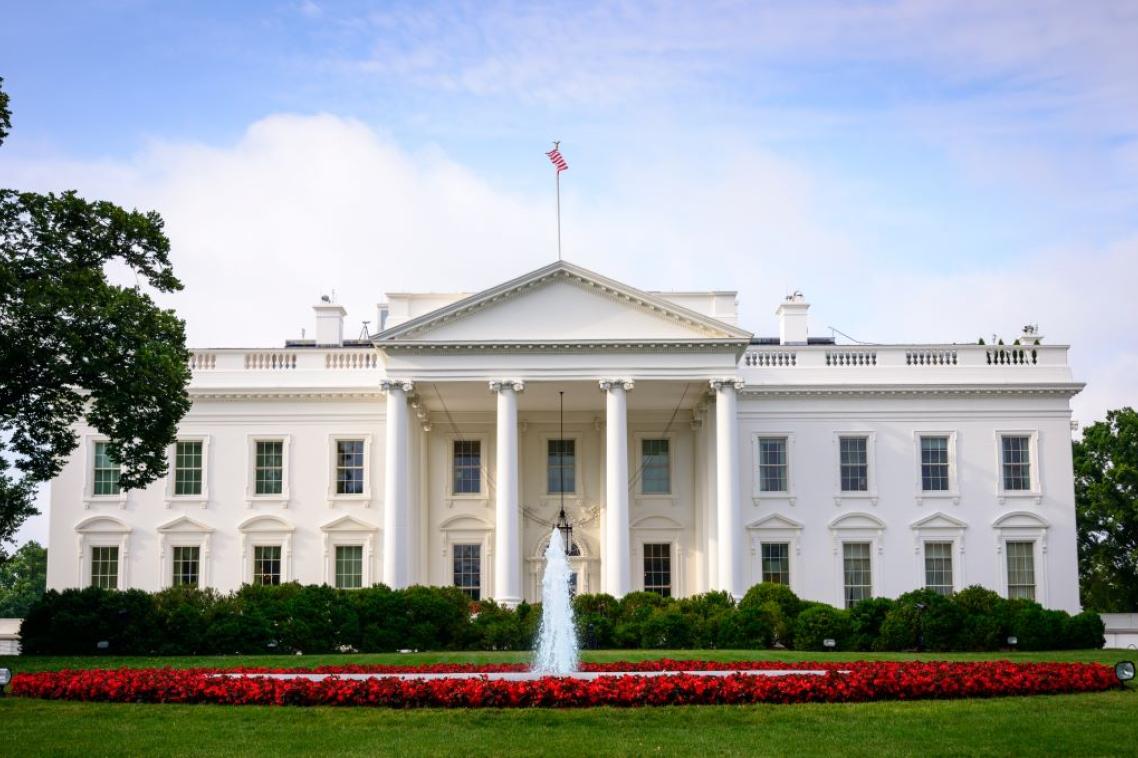UQ researchers say koalas not cranes
The only koalas to be found in the future may just be those in national parks and zoos if their natural habitats continue to be destroyed at alarming rates, according to University of Queensland researchers.
Dr Clive McAlpine, Senior Research Fellow at UQ`s School of Geography, Planning and Architecture said koala numbers had declined dramatically as a result of increased development, particularly in Southeast Queensland.
“If land-clearing patterns do not change, it is possible that we may see the occasional isolated koala in the wild, but not viable populations”, he said.
“More pressure needs to be applied to planning departments at all government levels to force planners to consider koala habitat when they evaluate development applications and proposals.”
Dr McAlpine led a team of four UQ researchers to complete a project that examined the impact of tree-clearing, roads and dogs on koala populations.
“The aim of the project was to find out how much habitat is needed and how this habitat should be configured to preserve koala numbers”, Dr. McAlpine said.
The study revealed that at least 40-50 percent of a landscape should consist of koala habitat arranged in large patches, preferably greater than 100 hectares in size.
Dr McAlpine said the research outcomes would form the basis of a set of landscape-scale guidelines that were being developed to help inform planning departments in local, state and federal governments.
“The key issue is that governments need to adopt stronger policies to protect remaining koala habitat and also minimise the threats from roads and dogs, otherwise populations will continue to decline.”
Dr McAlpine said ordinary Australians can also make a difference by implementing a few simple ideas that will help to protect the furry marsupials.
“Protecting and planting native trees in the backyard can help to create natural koala habitat that will support and sustain local koala populations.
“The threat from dogs can also be substantially reduced by securing pets, particularly large dogs, when they are left unattended.”
For more information: Tiffany Lippett at the Office of Marketing and Communications – 07 3365 2049 or t.lippett@uq.edu.au
Related articles

Libertarian tech titan Peter Thiel helped make JD Vance. The Republican kingmaker’s influence is growing

Link proven between gut inflammation and inflammatory arthritis
Media contact
UQ Communications
communications@uq.edu.au
+61 429 056 139
